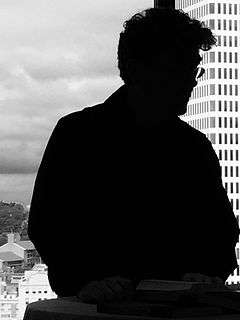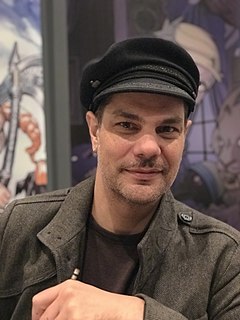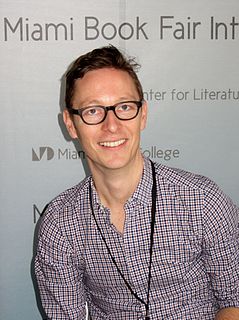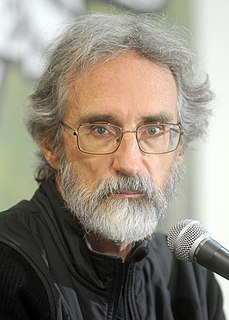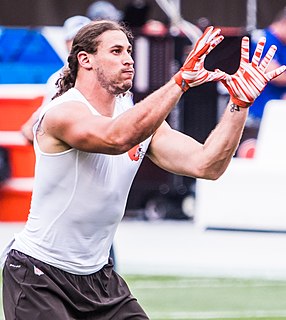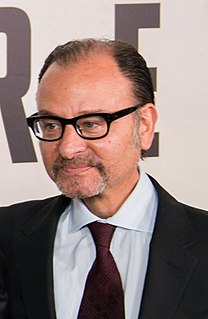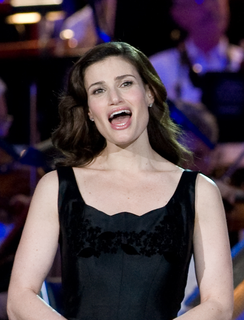A Quote by Robin Hobb
Fantasy encompasses a wide, wide spectrum of writing. We have beast fables, we have gothics, we have tales of vampires and werewolves, and we have sword and sorcery; we have epics from Homer, and there is just so much out there that we put under the umbrella of 'fantasy.'
Related Quotes
For me personally, I think I just enjoy movies about werewolves or vampires because it's not like an everyday thing. It's something you can really escape into. Underworld I'm a huge fan of because it's a great love story, but at the same time when it comes to vampires and werewolves it's just such a fantasy. It has everything involved in it. Action, it's sexy, it's interesting, there's just so many things involved in it that make it so cool.
Poetry restores language by breaking it, and I think that much contemporary writing restores fantasy, as a genre of writing in contrast to a genre of commodity or a section in a bookstore, by breaking it. Michael Moorcock revived fantasy by prying it loose from morality; writers like Jeff VanderMeer, Stepan Chapman, Lucius Shepard, Jeffrey Ford, Nathan Ballingrud are doing the same by prying fantasy away from pedestrian writing, with more vibrant and daring styles, more reflective thinking, and a more widely broadcast spectrum of themes.
I really wish that peoplewould just say, 'Yes, it's a comic. Yes, this is fantasy. Yes, this is Science Fiction,' and defend the genre instead of saying, 'Horror is a bit passe so this is Dark Fantasy,' and that' s playing someone else's game. So that's why I say I'm a fantasy writer and to hell with 'It doesn't read like what I think of as a fantasy'. In that case what you think of as a fantasy is not a fantasy. Or there is more to it than you think.
When I write what publishers call 'fantasy' I am writing in what I think is the most important tradition of fiction: starting with Homer and up through Shakespeare and Milton, the most important themes to tackle are those of the mythopoeic domain, tales of the body and mind seen through a temperament and a cosmos divorced from current reality so what is said can be more clear.



